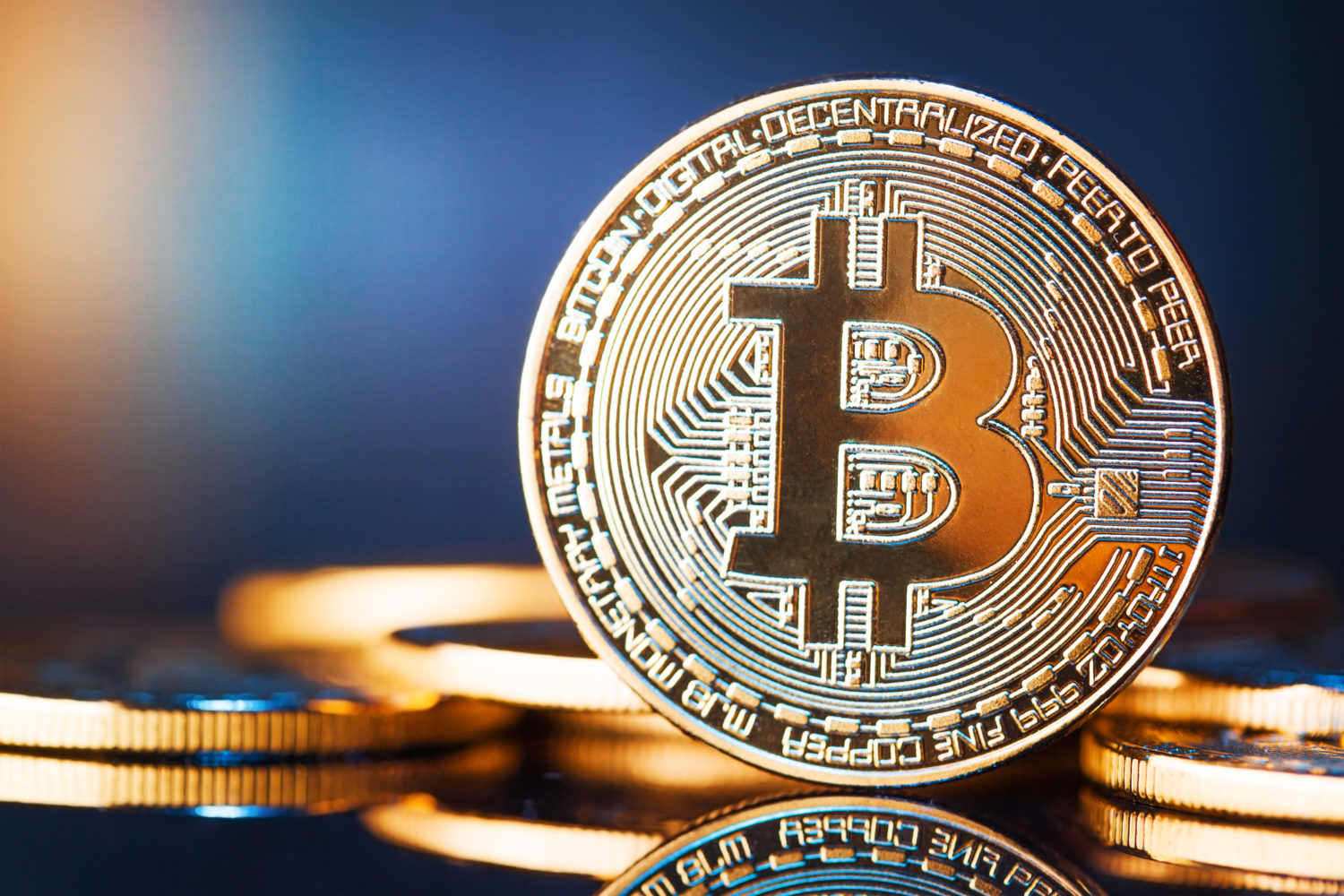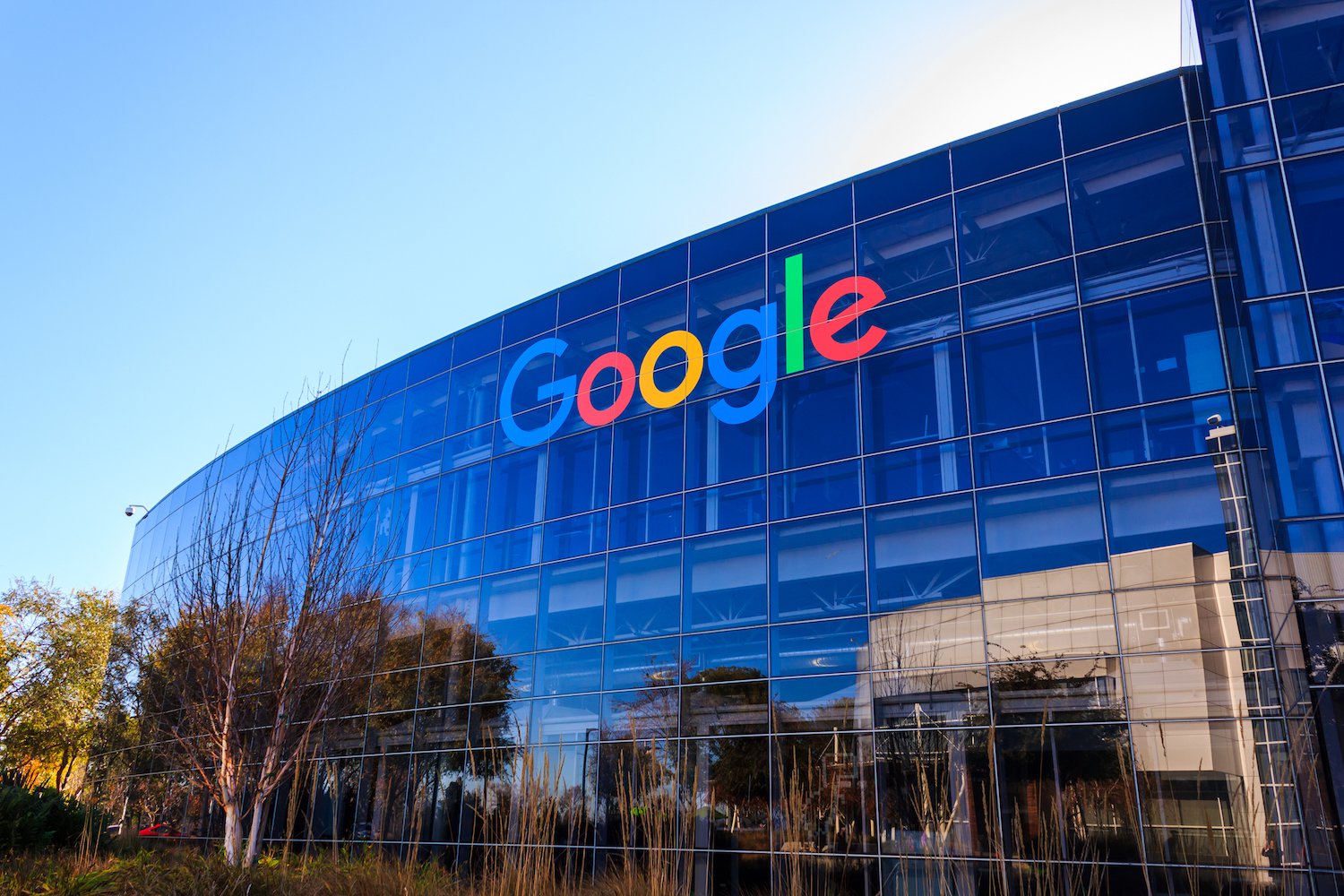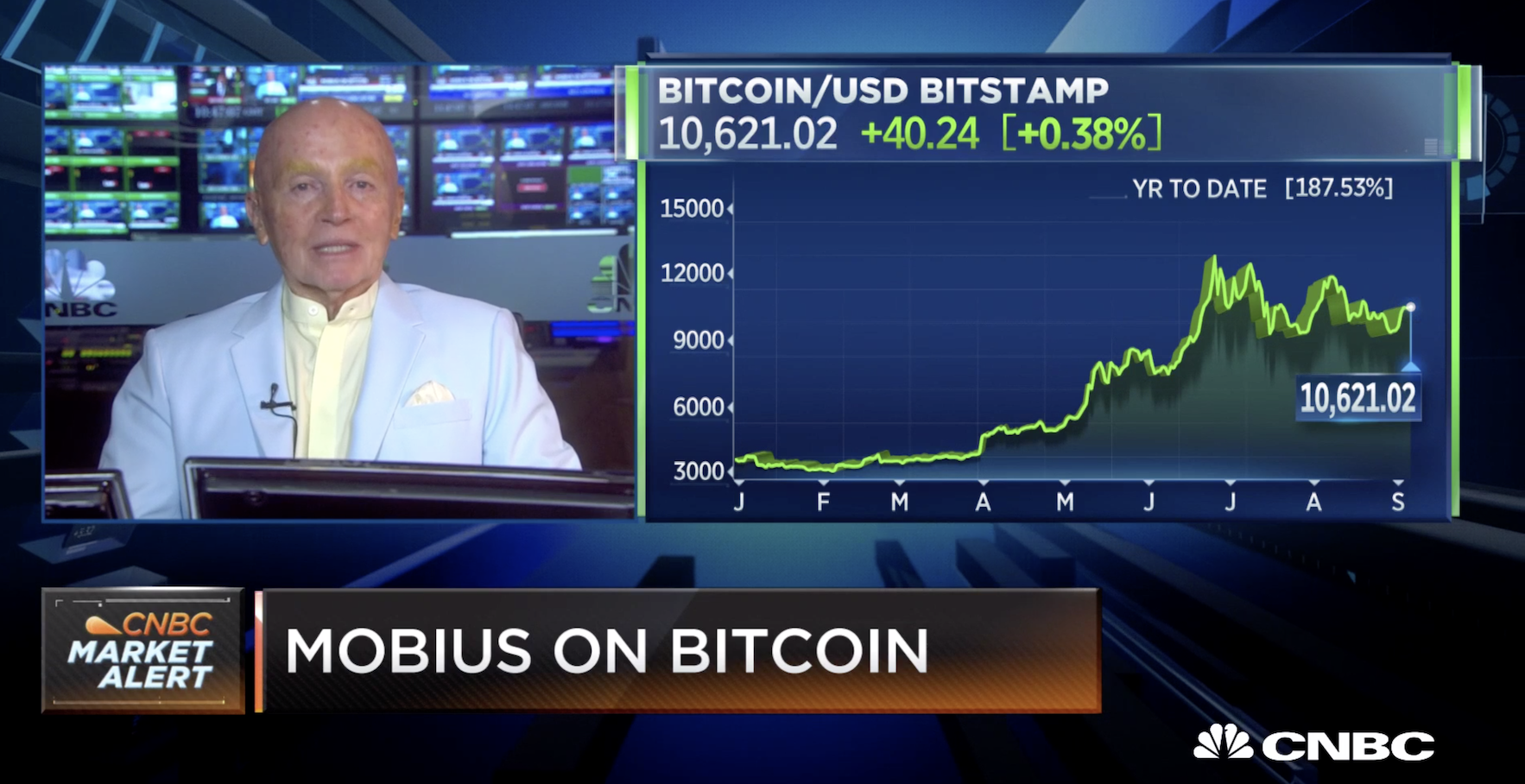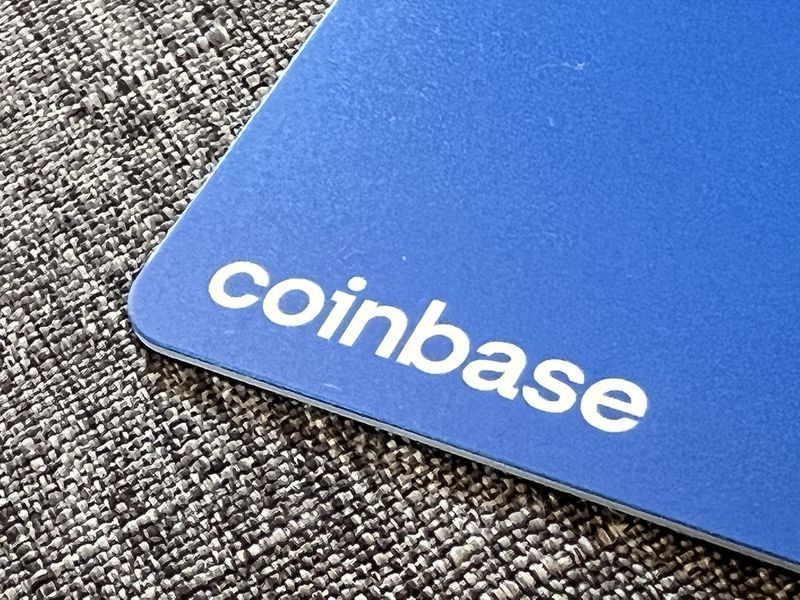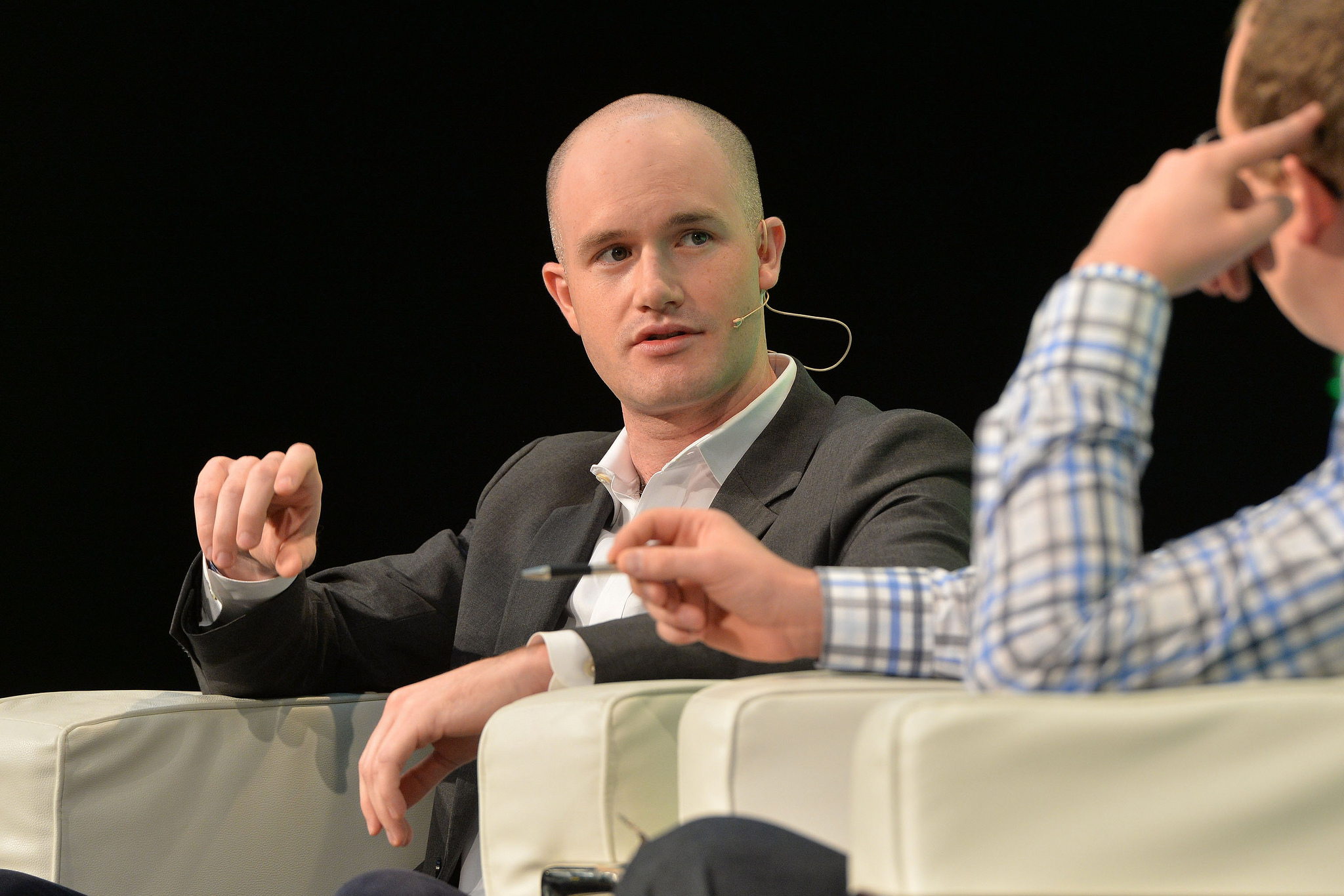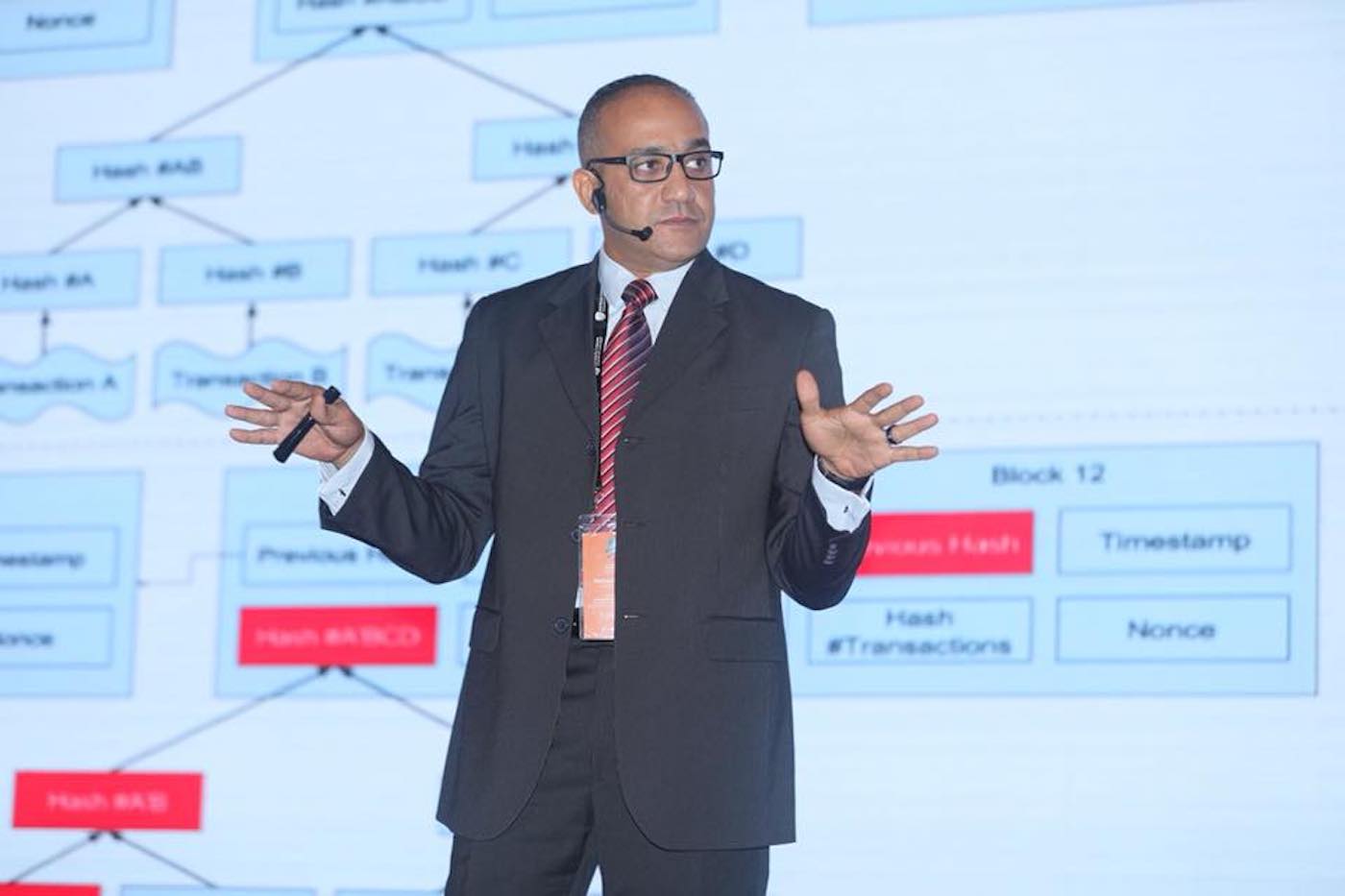ConsenSys Launches zkEVM Public Testnet, Renames It ‘Linea’
Join the most important conversation in crypto and Web3 taking place in Austin, Texas, April 26-28.
:format(jpg)/www.coindesk.com/resizer/Kjea5zGf89qzyacI8fZ49yhnaks=/arc-photo-coindesk/arc2-prod/public/S7SPGELTNBFITA3UBCS2CMRBQM.png)
Margaux Nijkerk reports on blockchain protocols with a focus on the Ethereum ecosystem. A graduate of Johns Hopkins and Emory universities, she has a masters in International Affairs & Economics. She holds a very small amount of ETH and other altcoins.
Join the most important conversation in crypto and Web3 taking place in Austin, Texas, April 26-28.
Ethereum software firm, ConsenSys, has released a public testnet of its zero-knowledge Ethereum Virtual Machine (zkEVM), and has given it the name “Linea.”
ConsenSys launched a private testnet for its zkEVM in December and since then, it has processed over 350,000 transactions. In a blog post, the team behind Linea said that “Linea represents the next evolution of ConsenSys zkEVM, powering a new generation of dapps built on Ethereum.”
ConsenSys also tweeted that Linea would natively integrate its widely-used Metamask wallet and Truffle, its developer toolkit.
Zero-knowledge (ZK) technology is seen by many as the ultimate scaling solution for blockchains, by increasing the speed of transactions and reducing their fees.
A zkEVM is a type of ZK rollup that is compatible with Ethereum Virtual Machine, the software that deploys smart contracts. Having a ZK rollup that is compatible with the EVM means that developers won’t need to reconfigure their applications on Ethereum, and can move them over without any hiccups.
In recent days, there has been a lot of activity in the zero-knowledge space in the Ethereum ecosystem. Matter Labs and Polygon both came out with their own zkEVMs, closing out the race for bringing Ethereum-compatible ZK rollups to users.
DISCLOSURE
Please note that our
privacy policy,
terms of use,
cookies,
and
do not sell my personal information
has been updated
.
The leader in news and information on cryptocurrency, digital assets and the future of money, CoinDesk is a media outlet that strives for the highest journalistic standards and abides by a
strict set of editorial policies.
CoinDesk is an independent operating subsidiary of
Digital Currency Group,
which invests in
cryptocurrencies
and blockchain
startups.
As part of their compensation, certain CoinDesk employees, including editorial employees, may receive exposure to DCG equity in the form of
stock appreciation rights,
which vest over a multi-year period. CoinDesk journalists are not allowed to purchase stock outright in DCG
.
:format(jpg)/www.coindesk.com/resizer/Kjea5zGf89qzyacI8fZ49yhnaks=/arc-photo-coindesk/arc2-prod/public/S7SPGELTNBFITA3UBCS2CMRBQM.png)
Margaux Nijkerk reports on blockchain protocols with a focus on the Ethereum ecosystem. A graduate of Johns Hopkins and Emory universities, she has a masters in International Affairs & Economics. She holds a very small amount of ETH and other altcoins.
Learn more about Consensus 2023, CoinDesk’s longest-running and most influential event that brings together all sides of crypto, blockchain and Web3. Head to consensus.coindesk.com to register and buy your pass now.
:format(jpg)/www.coindesk.com/resizer/Kjea5zGf89qzyacI8fZ49yhnaks=/arc-photo-coindesk/arc2-prod/public/S7SPGELTNBFITA3UBCS2CMRBQM.png)
Margaux Nijkerk reports on blockchain protocols with a focus on the Ethereum ecosystem. A graduate of Johns Hopkins and Emory universities, she has a masters in International Affairs & Economics. She holds a very small amount of ETH and other altcoins.


